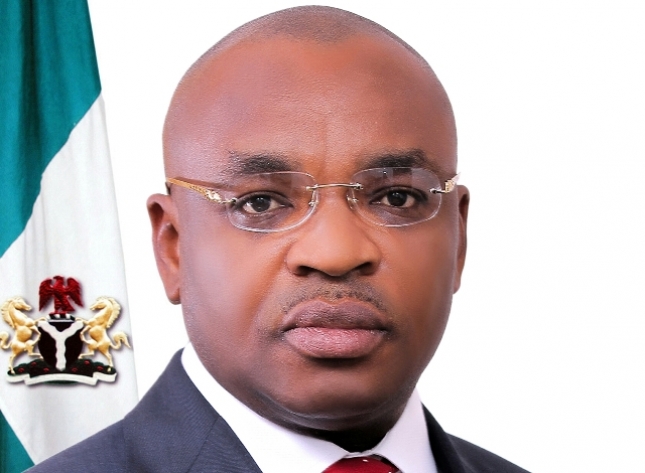Akwa Ibom State Government risks losing over 200 million euros grants, if the state fails to pay the 30 per cent required counterpart funding to the European Union (EU) for water project.
The team leader, Mr Albert Achten, made this known in an interview with the News Agency of Nigeria (NAN), on Wednesday in Abuja.
NAN recalls that 5 states were captured in the current phase of water development, namely: Edo, Delta, Bayelsa, Akwa Ibom and Rivers states.
Edo, Delta and Bayelsa states have paid their counterpart funding of 30 per cent, while Rivers have made part payment and Akwa Ibom was yet to pay.
The 30 per cent counterpart fund amounts to N350 million each and Akwa Ibom states was yet to fulfill its part of the Memorandum of Understanding (MoU).
Achten appealed to the Akwa Ibom states government to ensure the payment of its counterpart funding to avoid losing the grant and participation in the project.
The team leader said two Local Government Areas with five communities each are slated to benefit from its water and sanitation project.
The Local Governments are: Nsit Atai and Ikot Nkpene.
He explained that the communities were captured in the current phase of water and sanitation intervention development by the EU.
According to him, the payment would benefit the state even more because of the present devaluation of the Naira against the Euro, which makes the cost in Euros for the project less than expected at the time of the design.
He said the water and sanitation component of this programme was mainly to enhance access to safe, adequate and sustainable water, sanitation and hygiene services.
Achten said the initiative, under the aegis of the Niger Delta Support Programme (NDSP), had been going on for sometimes but needed to be sustained.
The team leader said the NDSP has four components comprising employment opportunities and social services, public finance management, water, sanitation and micro-projects.
“The objective is to mitigate the conflicts in the region by addressing the main causes of unrest and violence,” he said (NAN)


